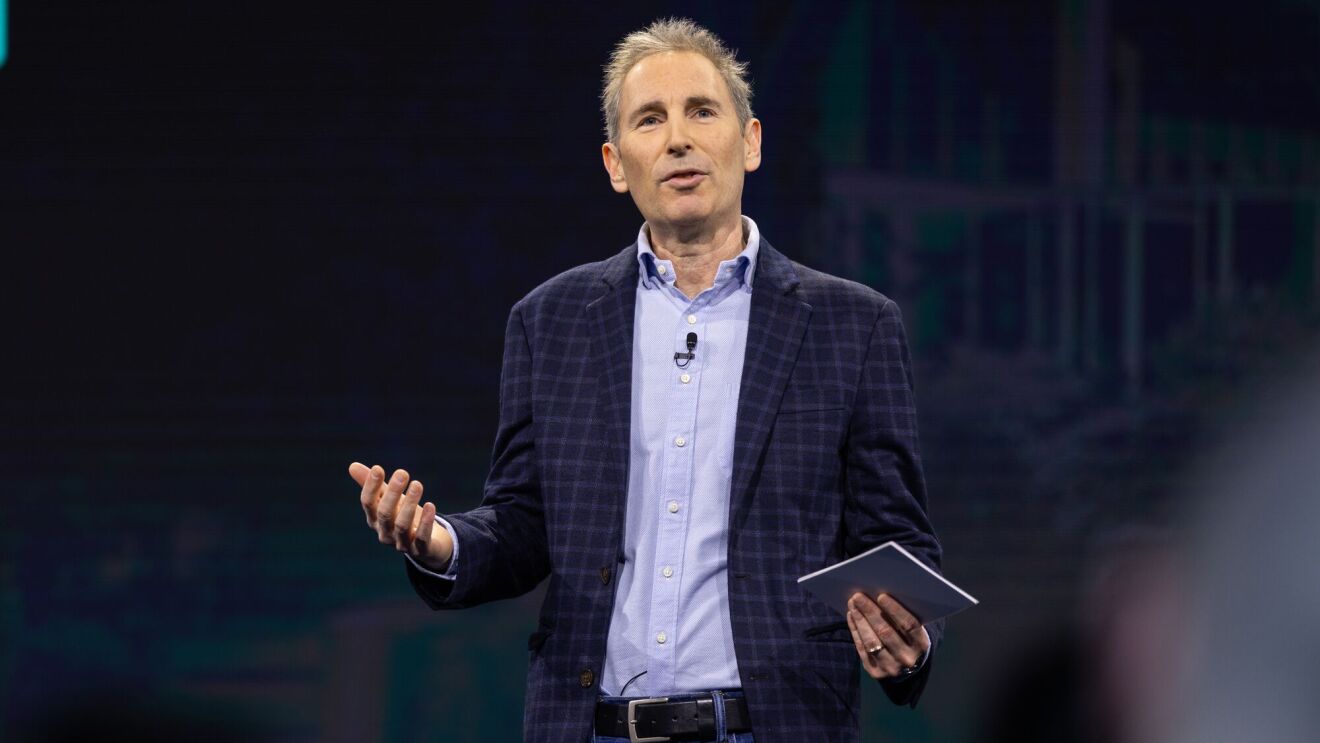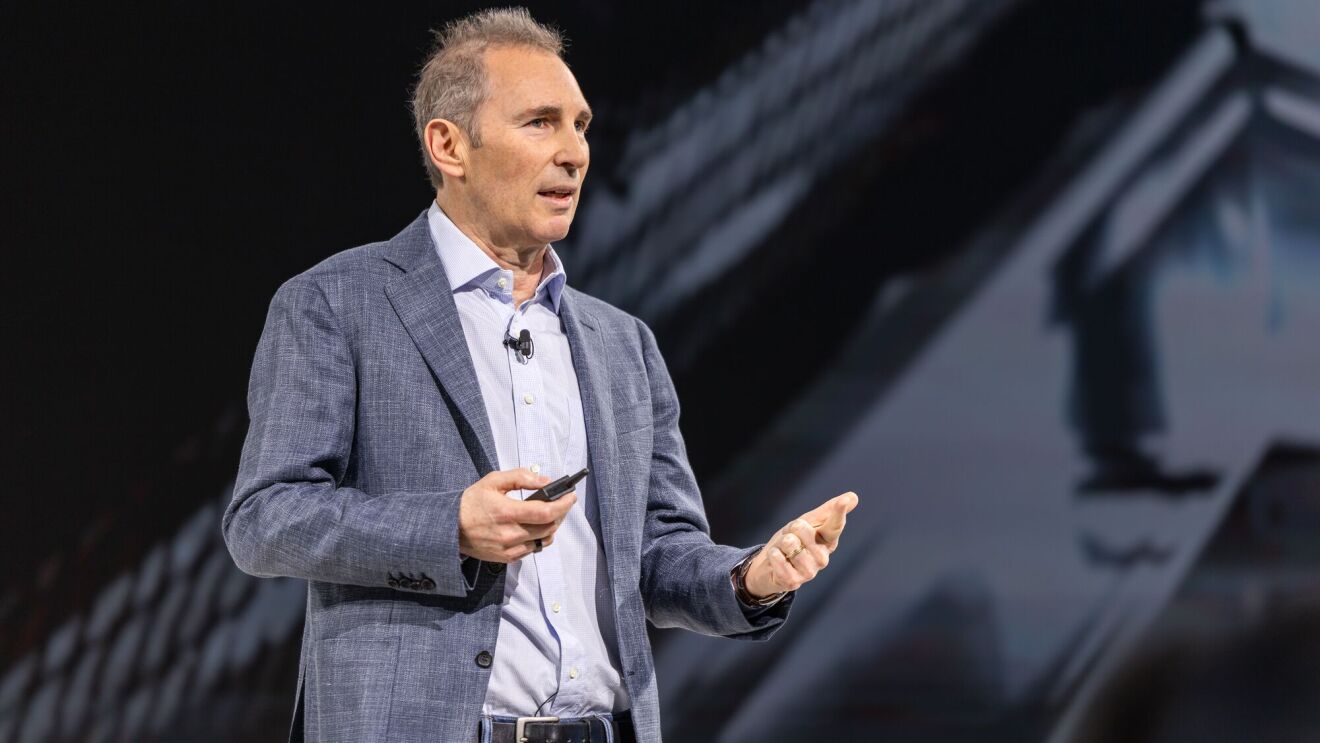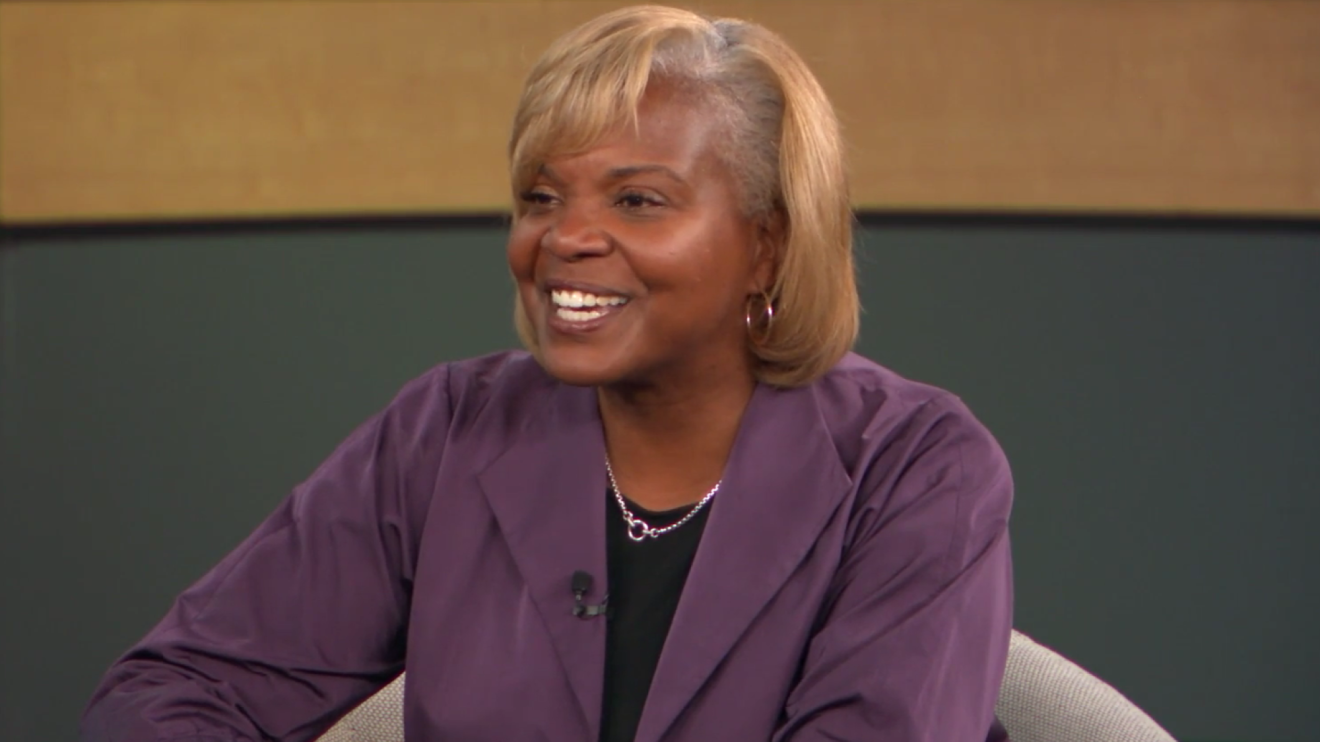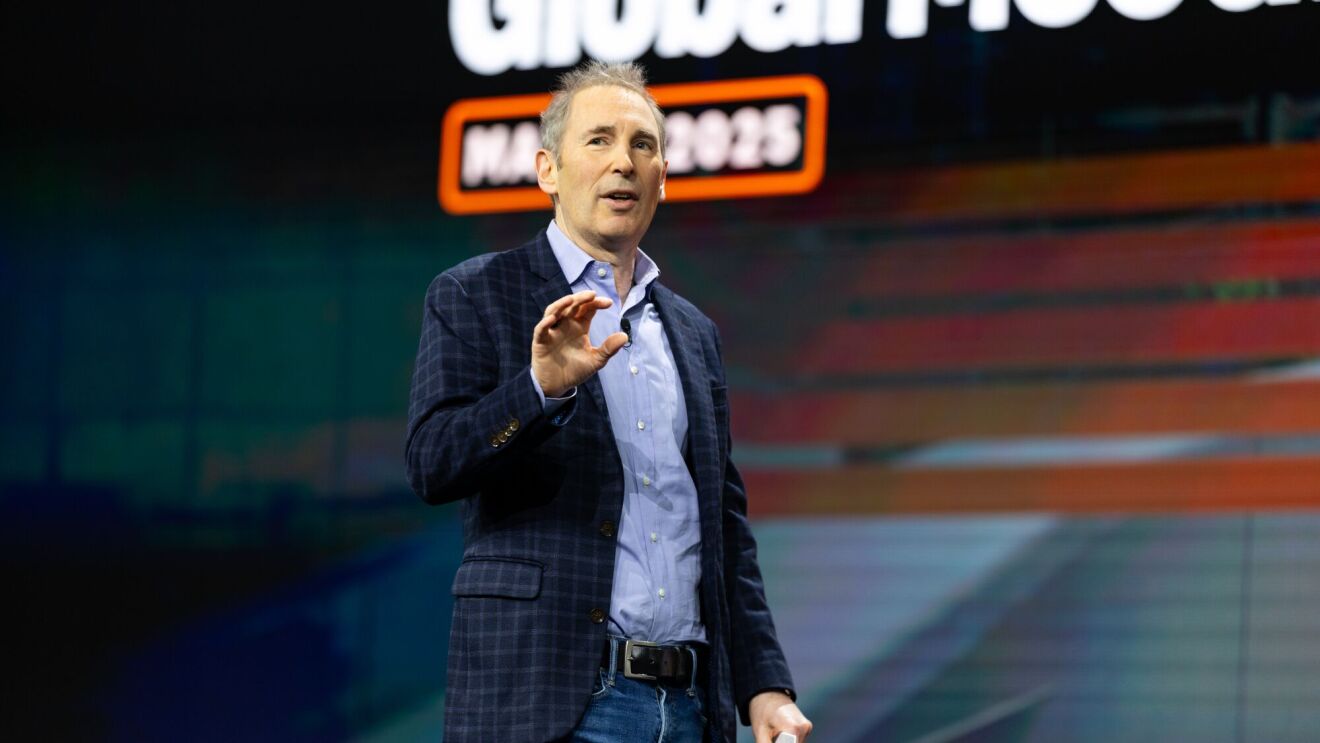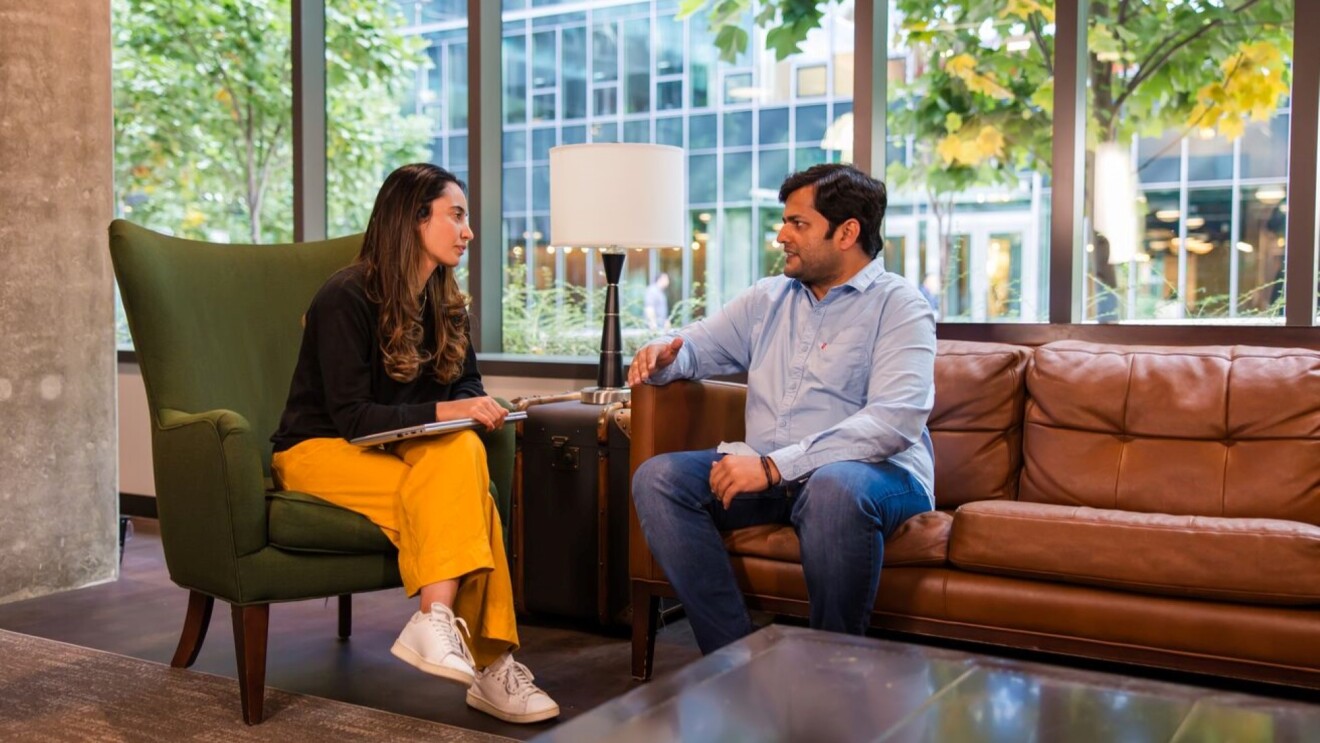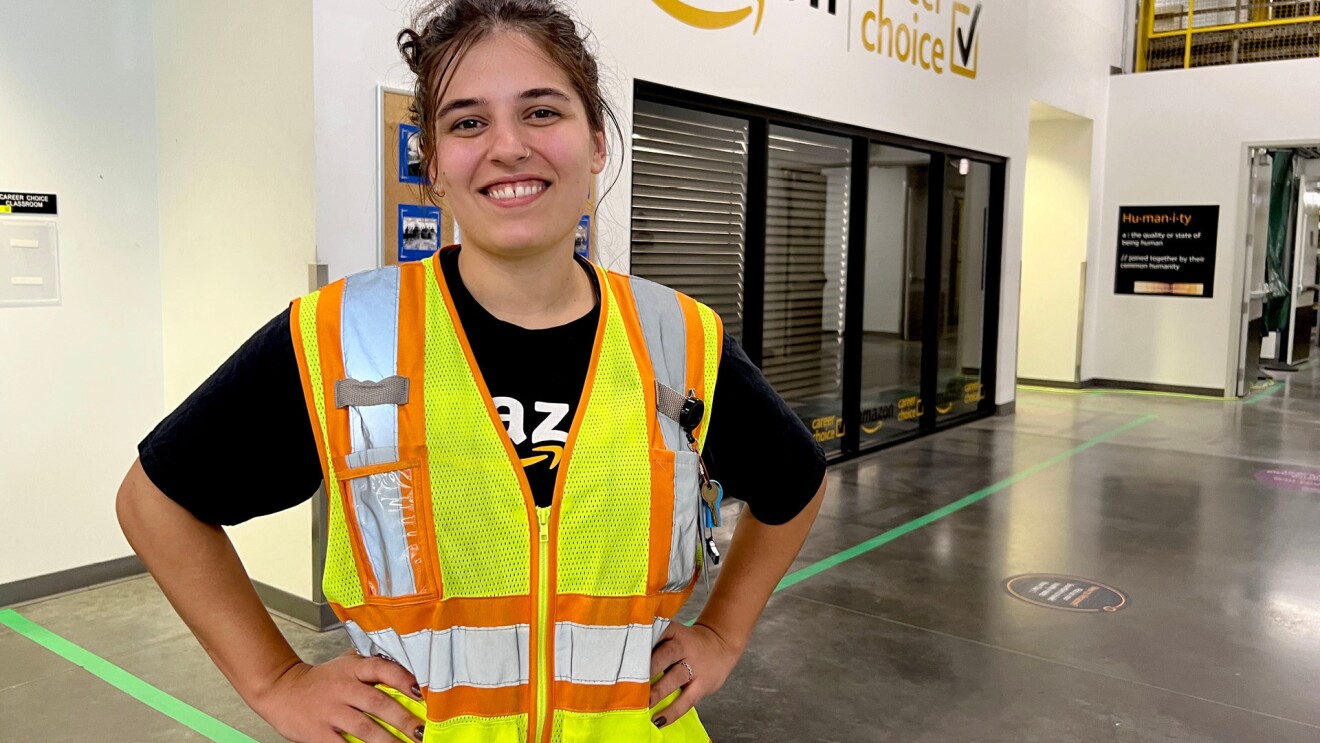More than two years after President Abraham Lincoln issued the Emancipation Proclamation in 1863, thousands of Black Americans remained enslaved by owners who refused to comply with the proclamation. On June 19, 1865, Union troops arrived in Galveston, Texas, to enforce an order: All enslaved people in the state—more than 250,000 people—were free.
Celebrations of the day that came to be known as Juneteenth began as church-organized community gatherings in Texas. Today, 47 states and the District of Columbia recognize this important date as a holiday or special day of observance.
"I just want my fellow Amazonians and customers to think about two and a half years of not knowing you finally have the same rights as others," said Otis Hunter III, a Black Employee Network (BEN) member and Amazon fulfillment center operations manager. "I am grateful to work for an organization that embraces inclusion and diversity at all levels but understands there is still much work to be done.”
Juneteenth history
The painful history surrounding Juneteenth reverberates across the nation and around the world. This year's observance is compounded by recent events that have reignited the significant racial trauma and unrest experienced by our Black employees, customers and communities as a result of the murders of Ahmaud Arbery, Breonna Taylor, George Floyd, Tony McDade, Nina Pop, Rayshard Brooks, and racial discrimination against Black men like Christian Cooper.
The painful history surrounding Juneteenth reverberates across the nation and around the world. This year's observance is compounded by recent events that have reignited the significant racial trauma and unrest experienced by our Black employees, customers and communities as a result of the murders of Ahmaud Arbery, Breonna Taylor, George Floyd, Tony McDade, Nina Pop, Rayshard Brooks, and racial discrimination against Black men like Christian Cooper.
"Juneteenth is an important holiday for all Americans to recognize," said Kelly Navies, museum specialist in oral history at the National Museum of African American History and Culture. The renowned museum in Washington, D.C. is one of the recipients of Amazon’s recent $10 million donation to organizations that are working to bring about social justice and equity.
Navies shared more of Juneteenth's history: Union General Gordon Granger came to Galveston in 1865 with a force of 1,800 to 2,000 troops, some of them members of the United States Colored Troops. The order he announced read, in part: "The people of Texas are informed that, in accordance with a proclamation from the Executive of the United States, all slaves are free."
The announcement still met with delays and resistance from whites, but the event marked a hopeful turning point. In the years afterward, Juneteenth celebrations spread from Texas to other communities during the Great Migration when 6 million Black Americans moved from the South into other areas of the U.S. between 1916 and 1970. In the 1970s, Juneteenth picked up popularity as an expression of freedom and arts in the Black community, and Texas made it a state holiday beginning in 1980.
"June 19 is a day to reflect on the meaning of freedom, the challenges that we've had to overcome, and the challenges that we still face. It's a time to come together with our families and our communities and talk about steps we can take to move forward in the future. It is celebrating that we're alive and we made it to this point, even if we still have obstacles to face before us," Navies said.
Navies noted that George Floyd graduated from Jack Yates High School in Houston, Texas. Reverend Jack Yates, a formerly enslaved person, led the effort to buy property for Juneteenth celebrations. Raising $1,000, Yates and his congregation purchased 10 acres of land in Houston and named it Emancipation Park. It was the only municipal park for Black Americans during the era of segregation.
Honoring Juneteenth at Amazon
Amazon is committed to helping build a country and a world where everyone can live with dignity and free from fear. We've taken a first step by donating a total of $10 million to organizations that are working to bring about social justice and equity. Thousands of employees have followed suit with an outpouring of generosity, with their donations matched by Amazon through July 6. The recipients, selected with the help of Amazon's Black Employee Network (BEN), include groups focused on combating systemic racism through the legal system as well as those dedicated to expanding educational and economic opportunities for Black communities.
Amazon is committed to helping build a country and a world where everyone can live with dignity and free from fear. We've taken a first step by donating a total of $10 million to organizations that are working to bring about social justice and equity. Thousands of employees have followed suit with an outpouring of generosity, with their donations matched by Amazon through July 6. The recipients, selected with the help of Amazon's Black Employee Network (BEN), include groups focused on combating systemic racism through the legal system as well as those dedicated to expanding educational and economic opportunities for Black communities.
The colors of the Pan-African flag
Red: The blood that unites all people of Black African ancestry and shed for liberation.
Black: The Black people whose existence as a nation, though not a nation-state, is affirmed by the existence of the flag.
Green: The land and abundant natural wealth of Africa.
Juneteenth is an opportunity to pause and cement this moment in our national history. To do this, we've raised the Pan-African flag on our campus in Seattle and provided our global workforce access to online learning tools and resources intended to spark conversation and exploration about how we—as individuals, teams, and a company—can become active participants in dismantling systemic racism, oppression, and inequality around the world.
"This year, Juneteenth feels different," said LaDavia Drane, who leads global inclusion and diversity for Amazon Web Services. "People are talking about Juneteenth more universally," she said. "My hope is that we'll honor the blood and sweat of my ancestors."
01 / 12
Amazon has 12 affinity groups including the Black Employee Network, an internal Employee Resource Group with a mission to recruit, retain, and empower Black employees, through mentors, career, and personal development workshops, and recruiting initiatives with Historically Black Colleges and Universities and other organizations.
Members of our Black Employee Network partnered with FireTV, Amazon Books, and IMDb to curate a list of film, TV shows, and literature recommendations from the BEN community.













